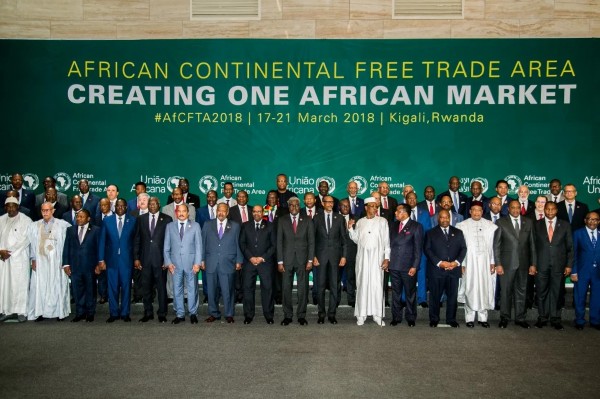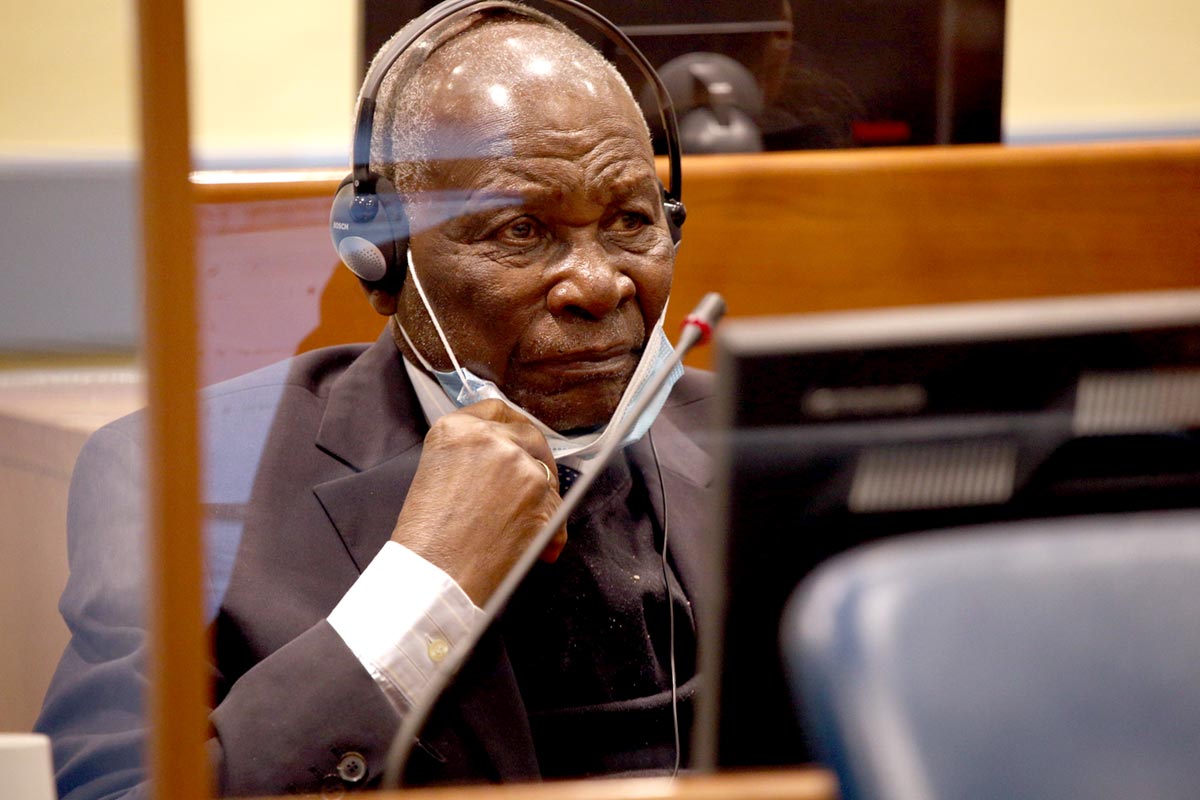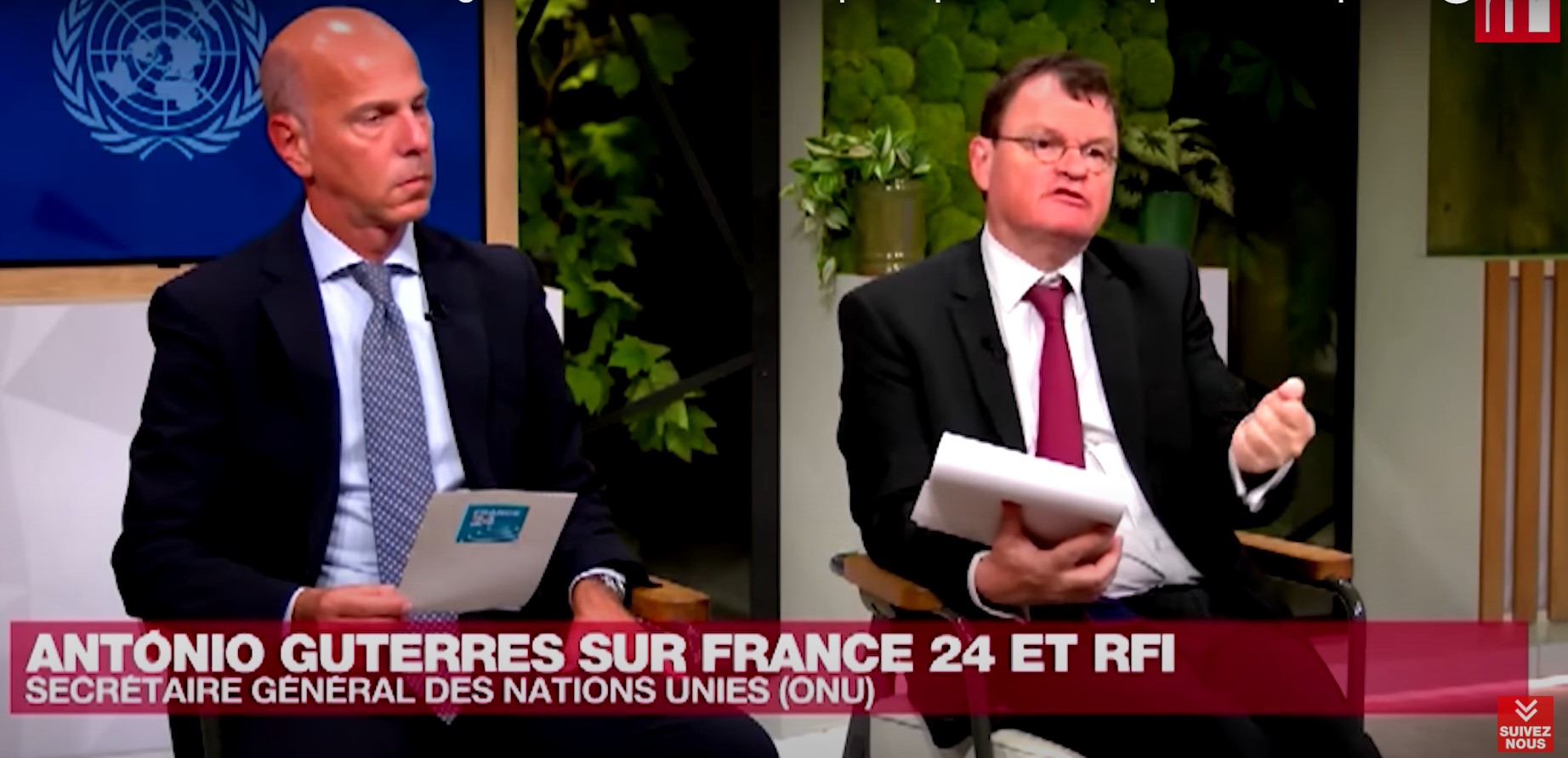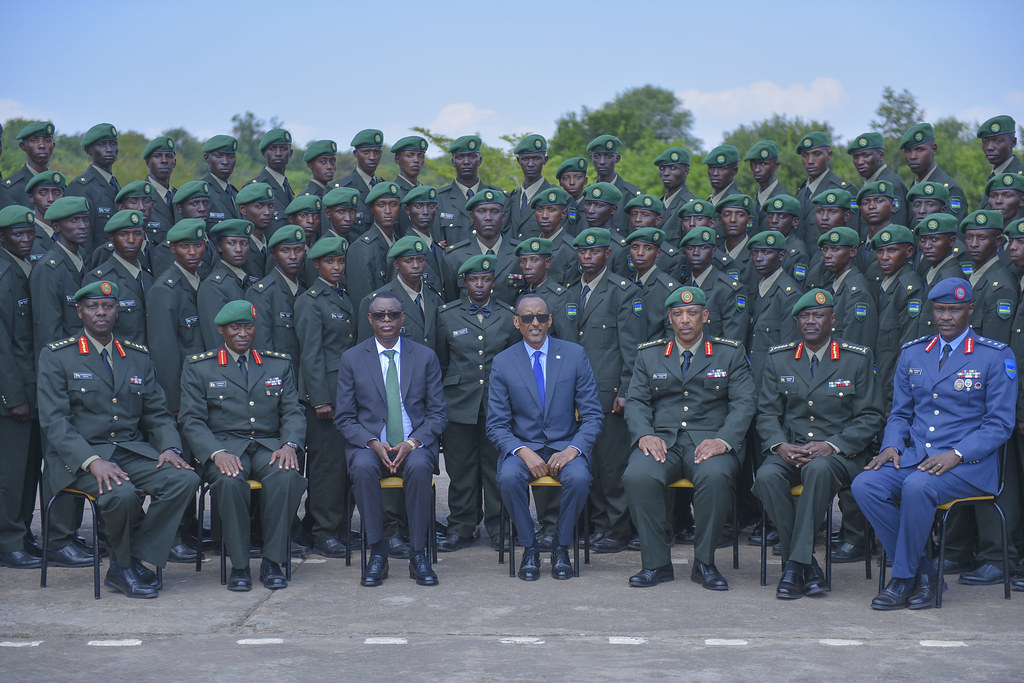International
Rwandan forces in Mozambique: a balance sheet
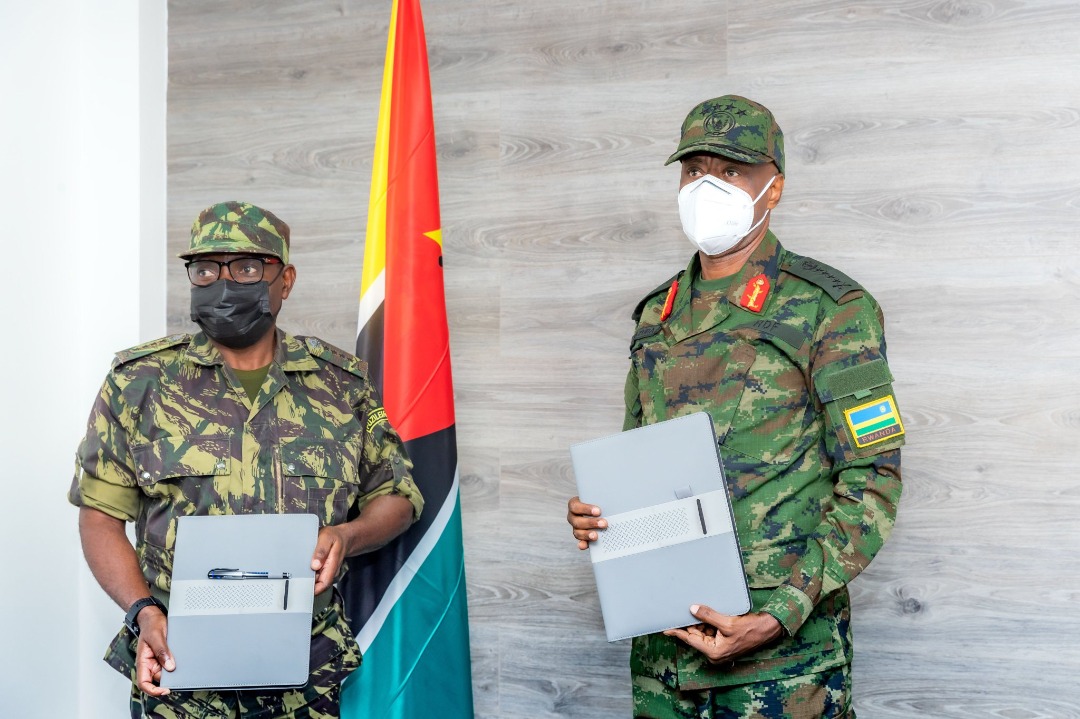
More than 140,000 former internally displaced
persons have returned to their villages in northern Mozambique. This is after
the Rwanda Security Forces (RSF), working closely with their Mozambique Armed
Defence Forces (FADM) counterparts, managed to defeat Islamic State-linked
terrorists in two districts of Cabo Delgado Province.
Businesses have resumed, kids are going to
school and rural folks are tending to their previously abandoned shambas in
Palma and Mocimboa da Praia Districts.
Perhaps to better understand the magnitude of
the RSF effort in securing and restoring state authority in these areas, one
needs to consider where things stood a few years ago.
In October 2017, armed extremists linked to
the Islamic State of Iraq and the Levant (ISIL) launched an insurgency in Cabo
Delgado. Thousands of civilians were displaced by the fighting while hundreds
others were killed.
In August 2020, the terrorists seized the
port town of Mocimboa da Praia and turned it into their headquarters. More than
50 people were beheaded by the terrorists in April 2020 and a similar number in
November 2020.
On March 24, 2021, the terrorists seized
Palma town, murdering dozens of civilians and displacing more than 35,000 of
the town’s 75,000 residents. In general, there was no state authority in about
six of Cabo Delgado’s 16 districts and, the situation was worsening every other
day as the terrorists aimed to capture more territory in their quest to turn
the Province into their Caliphate.
Wherever they attacked, they burned and
destroyed everything including houses, health facilities, and vehicles. They
seized government buildings, robbed banks, blocked roads and hoisted their
black-and-white flag over towns and villages across the province.
"We want everyone here to apply Islamic
law," a Kalashnikov-wielding terrorist told terrified residents in a video
that appeared to have been shot in Mocimboa da Praia after an attack in early
2020.
But the tide rapidly changed when, in July
2021, at the request of the Government of Mozambique, the government of Rwanda
deployed a 1,000-person contingent of the Rwanda Defence Force (RDF) and the
Rwanda National Police (RNP) to Cabo Delgado.
Rwanda’s deployment, which was based on the
good bilateral relations between the two countries, was commended by the AU as
a strong and concrete act of African solidarity to support a fellow member
state fight terrorism and insecurity.
At the time, Moussa Faki Mahamat, Chairperson of the African Union Commission, tweeted: “I commend the Republic of Rwanda’s deployment of 1000 RDF & Rwanda National Police members, to Cabo Delgado, at the request of the govt of Mozambique, as a strong and concrete act of African solidarity to support a fellow Member State fight terrorism and insecurity.”
In three weeks, the terrorists were pushed
out of their strongholds in areas where the RSF operated. What followed were
mop up operations deep into rural jungles of the region. Now, about 14 months after
the RSF operation in Cabo Delgado Province started, the civilian population in
Palma and Mocimboa da Praia Districts sings songs of praise to the Rwandans.
Mozambicans in these liberated areas are
often quoted in media reports swearing that if, at some point, the Rwandan
forces leave, they too will leave.
in Palma and Mocimboa da Praia, communities
are struggling to adapt after the prolonged conflict but they are no longer
living in constant fear.
More than 140,000 people have returned home
and are rebuilding their lives as farmers, fishermen and community members.
There is no active fighting in Palma and
Mocimboa da Praia Districts. There hasn’t been an incident for a long time,
although the situation is volatile in neighbouring districts. Services like
electricity and water were restored.
Access to basic services, such as healthcare,
water, food and shelter, remains a struggle for many. But the RSF are not
standing by idly. Among others, tons of medicines are regularly airlifted from
Kigali for the RSF medical outreach programme in the two districts. On a
regular basis, Rwandan medical teams provide free medical services to up to 700
people in a single day. They also have a field hospital in the Aung Peninsula
that caters for more complicated cases where intensive care is needed.
In Palma alone, local authorities say, life
has fully returned to normal. All of the town’s 170 commercial establishments
are back in operation. The state institutions are functioning.
Palma was the target of one of the most
notorious attacks carried out by the terrorists. The district hosts the natural
gas exploration project led by Total, the largest private investment in Africa,
to the tune of €20 billion. The project was suspended due to insecurity but it
has now been resumed.
Besides the good bilateral relations and
Maputo requesting Kigali for help, in July 2021, the RSF deployment was also
grounded in Rwanda’s commitment to the Responsibility to Protect (R2P) doctrine
and the 2015 Kigali Principles on the Protection of Civilians. After stopping
the 1994 Genocide against the Tutsi, the current Rwandan government vowed never
to merely stand by and watch when war crimes are committed elsewhere. In
1994, Rwanda was failed by the
international community.
The country therefore became one of the first
countries to adhere to the Responsibility To Protect (R2P or RtoP) principle, a
global political commitment endorsed by all member states of the UN at the 2005
world summit in order to address its four key concerns to prevent genocide, war
crimes, ethnic cleansing and crimes against humanity.
Rwanda’s mission in Cabo Delgado is primarily
focused on saving innocent civilians who are victims of terrorism.



